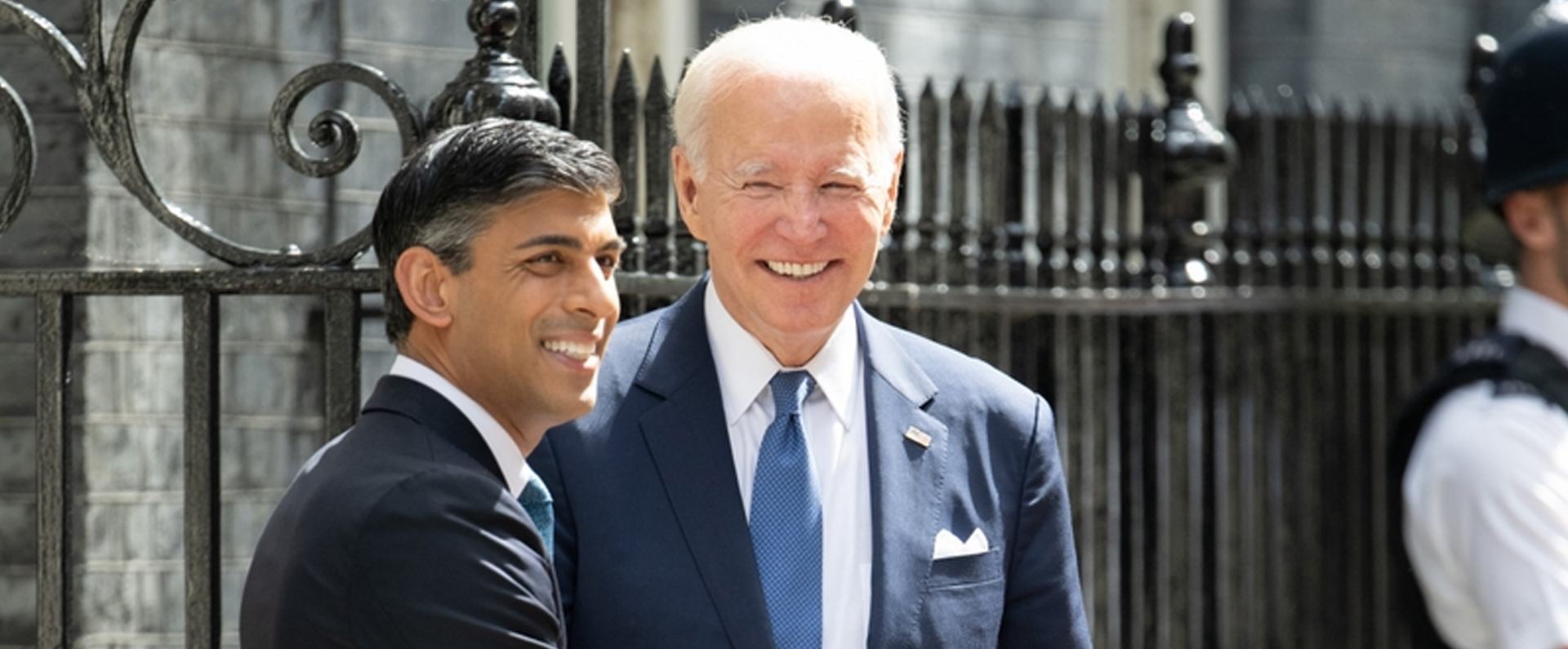
Her Majesty’s Press has been loud of late in its criticisms of “super-injunctions”. Newspapers – aided by some helpful (perhaps even dubious?) use of Parliamentary privilege in both “Houses” – have taken great delight in being able to over-ride long-standing injunctions from judges.
This has enabled the media to identify both Fred “The Shred” Goodwin and a well-known Premier League footballer for their alleged sexual indiscretions. Now there is much talk of the need for new legislation to prevent the increasing use of “super injunctions” to gag the media.
However, it is an existing bill, also affecting the Press, which interests me far more than whether wealthy individuals should have the right to keep their most intimate bedroom habits private.
Not so long ago the media’s legal hobby horse was different. They ranted about the iniquities of our libel laws, claiming that they prevent freedom of expression and allow “libel tourism” to flourish. Such laws, the media insisted, were a disgrace and made Britain an international laughing-stock.
The hope of newspapers was that a reform of existing legislation would see an end to antiquated laws being used to prevent major stories from failing to see the light of day. They hoped, too, that a new law would see a fairer balance between the protection of an individual’s reputation and freedom of speech.
It was against this backdrop that Lord Lester of Herne Hill tried to put some of the media’s concerns into a new draft law. In the end, the Government has produced a draft Defamation Bill which adopts some, and adapts others, of the Lib Dem peer’s proposals.
Since the bill was published earlier this year, there has been a lively debate on whether it achieved the aims that newspapers and others were seeking. Lawyers attending a conference on the bill in Westminster recently gave a unanimous answer to that: no.
However, it is worth paying some attention to the reasons for the lawyers’ dismay. They gave a cautious, half-hearted welcome for parts of the bill, but they said that the “substantive law” is not really in need of much, if any, tinkering. They also argued that the bill attacks the wrong targets, and is more likely to make things worse than better.
Yet the real problems with our libel laws have nothing to do with the precise contours of the defences of honest comment or responsible publication on matters of public interest, which are some of the matters the draft bill aims to deal with. Instead, the problems are those of cost and delay, and the way that these can be exploited by both claimants and (especially) defendants to delay, and thus deny, justice.
Shortly before the Defamation Bill was published, Lord Lester, its principal architect and himself a barrister, said that the current law was “disgraceful” and that it is used by “the rich and their lawyers to silence their critics”.
As a self-made businessmen, I am probably regarded by most people as one of “the rich”. Yet, my own experience of the libel law from more than a decade ago showed me that it is often the newspapers – rather than the individuals who sue for defamation – which abuse the system and make life difficult for the claimant.
In 1999 a newspaper (The Times) which had become too close to the Government of the day (New Labour) mounted a sustained campaign to discredit me when I was Treasurer of the Conservative Party and working hard to try to get (unsuccessfully as it turned out) William Hague elected as Prime Minister, thereby ousting Tony Blair after just one term.
The Times used some utterly scurrilous tactics (which eventually resulted in one of its key sources being jailed) to smear me and to suggest that I was guilty of drug-trafficking and money-laundering. Neither was true but eventually, and reluctantly, I had to sue the paper for libel to defend my reputation in the worlds of politics and big business.
The slur – by a small, unprincipled group of journalists (who, ironically given the nature of their allegations, included one reporter who had a serious cocaine habit) – was anything but about a rich individual trying to silence a newspaper. I was the most reluctant of litigants and furthermore my legal action did not end the paper’s misguided attempts to discredit me – if anything The Times stepped up its campaign after my writ was served in July 1999.
However, because the newspaper adopted every tactic imaginable to delay the libel hearing for as long as possible – including refusing to hand over the basic documents on which some of its “stories” (I use the word loosely) had been based – I suffered acute difficulties both as a politician trying to spearhead my party’s push for power and as a businessman trying to raise money for new ventures.
After The Times repeatedly succeeded in blocking the date of the hearing – so that it was (unthinkable from my party’s viewpoint) destined to take place in the run-up to the general election – time was not on my side. I eventually had to settle the claim out of court with Rupert Murdoch, the owner of the newspaper’s parent group. The Times, as part of the settlement, ran a front-page retraction in December 1999 which included the crucial sentence: “The Times is pleased to confirm that it has no evidence that Mr Ashcroft [as I was before my peerage] or any of his companies have ever been suspected of money laundering or drug-related crimes.”
But I was denied my day in court, along with the damages I had no doubt that I deserved. Furthermore, each side picked up its own (considerable) costs and it eventually took me six years to uncover the various dirty tricks that had been used against me by the newspaper and New Labour in their two-pronged campaign against me.
This is an abridged account of a lengthy, turbulent and painful episode in my life and anyone wanting to know the full story should read my book: Dirty Politics, Dirty Times. I defy anyone who reads the full account to conclude that Britain’s libel laws are unfairly weighted in favour of the rich and famous.
Even though, more than a decade ago, I was reluctantly prepared to invest substantial time and money to solving the problem, I was unable adequately to overcome the weaknesses in the way our libel laws are operated. Both newspapers and lawyers know that the endless delays are the real problems of our current defamation laws.
The fundamental weakness of the Defamation Bill is that it suggests mere tweaks to a fundamentally flawed system. Only a substantive overhaul of Britain’s failing libel system – one that ends their absurd and unnecessary complexities – can right this wrong.
Before Parliament moves on to tackle the whole new raft of issues created by “super-injunctions”, MPs should reform the libel laws from top to bottom for the sake of all those individuals, rich and poor alike, who may one day need to resort to them to protect their good names.



